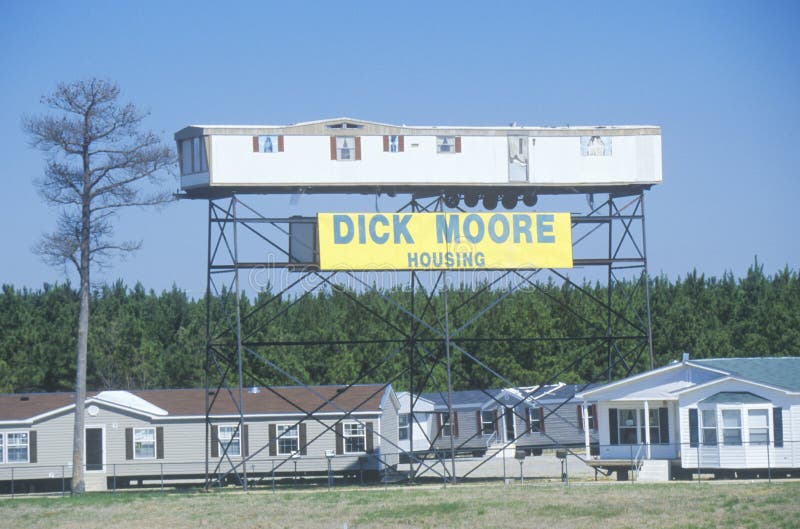Why Houston does NOT have "basically zoning" with deed restrictions+permitting, Austin's foolish transit plan vs. Houston's wisdom, and more
I want to kick off this week with an excellent piece by Nolan Gray at Market Urbanism explaining why Houston does not "basically have zoning" with our deed restrictions and permitting. He really gets the details right on how things work here and how flexible Houston is with our adaptive land use. It also has a stat I hadn't seen before estimating that less than 25% of the city has deed restrictions, allowing the other 75% to pretty freely adapt. There is too much great stuff in it to adequately summarize here, so definitely read the whole thing. But I will share the concluding paragraphs:"Siegan concludes his discussion of this topic by perceptively noting that zoning implicitly tries to answer two very difficult questions:
Zoning addresses these questions using an opaque political process in which certain privileged special interests—namely homeowners—may impose their particular preferences across all time. Houston’s deed restrictions, on the other hand, are constantly rediscovering the answers to these questions. It all comes back to consumer preferences: if consumers desire things like large lots and ample off-street parking and are willing to pay more for the extra land, developers will respond by bidding up the land and implementing tight deed restrictions. If they either don’t want these restrictions, or aren’t willing to pay more for them, developers might still build the houses but with deed restrictions that allow for smaller lots, higher lot coverage, or certain complimentary commercial uses.
- What is the extent of protection to which property owners are entitled?
- What powers should existing residents have to exclude other people and things from the municipality?
In this way, the process of identifying the optimal mix of land-use regulation is a dynamic discovery process, subject to ongoing changes in local conditions. As the costs of zoning stasis in cities like San Francisco become clearer, the value of understanding Houston’s uniquely dynamic system of deed restrictions only rises."Moving on to some smaller items this week:
- This Houston-centric NYT obit for Barbara Bush really gets the city right: Houston Mourns Barbara Bush, Its Revered Matriarch and ‘Salty’ Neighbor
- Love the plan for a Midtown innovation hub in the old Sears. I had proposed putting it in the core of downtown, but this is a great redevelopment opportunity with excellent access to downtown, the Med Center, and Rice (and possibly UH in the future).
- Seattle Climbs but Austin Sprawls: The Myth of the Return to Cities - Jed Kolko, NYT. Hat tip to Jay.
- Cato Institute - Ridesharing Is Overtaking Urban Mass Transit and We Should Rejoice, Not Mourn for the Past. Also hat tip to Jay.
- Austin’s Foolish Transit Plan (vs. Houston's wisdom):
"If Capital Metro were serious about relieving congestion, it wouldn’t propose light rail, which typically carries about a quarter as many people per day as an urban freeway lane yet costs five to ten times as much per mile to build."
...
While the jury is still out, some people believe that Houston has managed to avoid the huge ridership declines suffered in Austin, Charlotte, and other cities because it restructured its bus routes to a grid system rather than a hub-and-spoke system centered on downtown."
Labels: deed restrictions, development, entrepreneurship, land-use regulation, market urbanism, Metro, sprawl, transit, zoning






